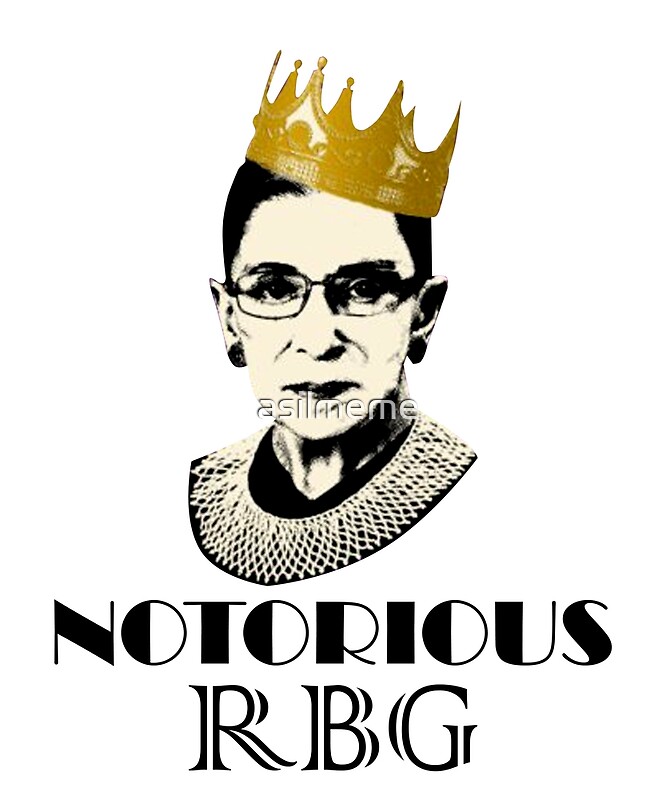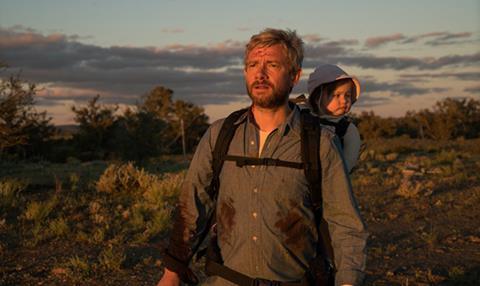
I’m a casual Star Wars enjoyer. I like, but have no strong opinions or ties to, Star Wars. I enjoyed both The Force Awakens and The Last Jedi, and I thought Rogue One was ok.
I felt lukewarm about Han Solo as a character pre-Solo, and post-Solo I still feel lukewarm about him. That might be the biggest disappointment of this film: it didn’t convince me to feel any differently. It didn’t make me feel strongly about anything Star Wars related.
While I can’t promise that you, o moviegoer with more emotional ties and opinions about Star Wars, will come out feeling as unmoved as I will, I think the overwhelming safeness of Solo is a problem. There’s nothing wrong with a well-told, well-directed, well-acted movie. That is what director Ron Howard delivered. But if any franchise can take risks, it should be Star Wars, which is now owned by Disney. Disney and Star Wars are massive conglomerates that have generous fan and critic support, and are unparalleled in financial success. Every movie Disney makes now is a “tentpole” flick, aka a film that can be advertised as a must-see blockbuster. They can take some hits. They can also change the game, if they are willing.
But if they won’t, then Star Wars is not going to evolve. It has all of the advantages one could ask for, so if it won’t take risk, then why should any other franchise?
Walking out of the theater, my father and I discussed why the original trilogy was so powerful, particularly to those who grew up with it (outside of nostalgia). Why do those movies hold up so well, and why aren’t the new ones as impactful?
He basically said that it was because George Lucas knew how to tell a mythological story through use of archetypes and symbols. His original stories felt epic and deep and fresh. These new films don’t make much use of those same storytelling foundations, and when they do they mainly rehash the plot points of the originals (with The Force Awakens being a virtual remake of A New Hope).
So, the trap the Star Wars movies are in is one of its own making. The new films need to be fresh, despite being part of an established franchise, and they need to tell new stories while not abandoning the foundations and brand recognition.
That’s a tall order. I personally don’t know how to create a Star Wars movie that everyone will like. But out of all the newest Star Wars films, I actually think Solo is the closest to making a film that, while not great cinema, does try to expand on the world of Star Wars, introduce new characters, and pay homage to the past. It isn’t a complete remake of A New Hope like The Force Awakens, but it isn’t as daring and therefore divisive as The Last Jedi. In theory, it should be a good new Star Wars film. This is ironic though because before its release Solo was already divise and hated by the fanbase. But if people would stop #BoycottSolo and give it a chance, I think they would find that:
- Alden Ehrenreich is actually a good Han, and
- Meh.
The story is fine, the extended worldbuilding is fine, and the nod, easter eggs, and add-ons to the Star Wars canon are fine. Everything is fine. It’s bland and solid, which after The Last Jedi, seems to be what hardcore Star Wars fans want. Personally, I would prefer a film like The Last Jedi, which made decisive creative choices and wasn’t afraid to alienate some of the audience. That is a movie that was made as a movie. Solo feels like an olive branch extension, an “I’m sorry for making a movie you didn’t like” on the part of the Star Wars franchise to the fans.
But to reiterate, Solo is fine. Just alright. Nothing to boycott or be upset about. It’s a pleasant romp. But is that fine? Should the movie equivalent of a shoulder-shrug be encouraged?
-Madeleine D



